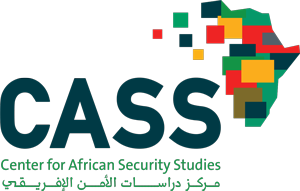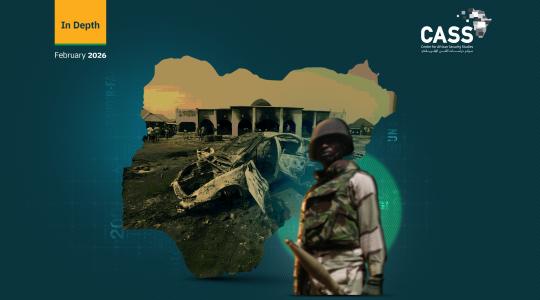Rwanda and the Democratic Republic of the Congo (DRC) signed a “Declaration of Principles” in Washington on April 25 that laid the groundwork a new push to end a protracted conflict that has profound impact on the security architecture of the Great Lakes region.
The agreement, signed in a context of chronic regional tensions and conflicts, has yet to be officially announced. It is the fruit of diplomatic efforts led by Washington and mediated by Qatar and various African countries, amid growing international pressure to contain a crisis that threatens to escalate into an all-out regional war.
The Historical Roots of a Multi-Layered Crisis
The roots of the current crisis lie in decades of bloody conflict that began with the 1994 Rwandan genocide, which killed around 800,000 people, mainly Tutsis, and drove large groups of Hutu fighters into eastern DRC. The chaos that followed gave rise to a range of armed groups, most notably the Democratic Forces for the Liberation of Rwanda (FDLR). This turned the region into the epicenter of a perennial conflict, later fueled by the M23 movement, which the United Nations and Western countries accuse the Rwandan government of directly backing.
To complicate matters further, the region’s overlapping security and economic problems has turned eastern Congo into an open arena for conflicts that transcend national borders. Paradoxically, this has been exacerbated by the region’s vast mineral wealth, which has fueled a war economy and become a constant focus of violent competition.
Given this context, the Declaration of Principles is a step forward, but much remains dependent on its implementation. The agreement stipulates a ceasefire, the withdrawal of militias from major cities, and a commitment by Rwanda to end its support for the M23, in exchange for the FDLR laying down its arms. The accord also provides for the deployment of peacekeeping forces from countries such as Kenya and Angola.
Whether these provisions will be effective is contingent both on the commitment of the signatories, and the presence of neutral and effective monitoring mechanisms. Some observers have serious doubts over this, given previous similar attempts that failed due to mutual mistrust and a lack of political will.
Divergent International Roles and a Dearth of Trust
Rwanda and the Congo appear trapped in a morass of reciprocal accusations, reflecting the deep mistrust between the two sides. On the one hand, Kinshasa views Kigali as a threat to its stability, while on the other, the Rwandan government views eastern Congo as being beyond the control of the Congolese state, making it into a haven for groups that threaten Rwanda’s national security.
At the international level, the United Nations Mission in Congo (MONUSCO) appears to be playing more of a symbolic role than showing the ability to bring a decisive end to the conflict. This has led to growing calls for more effective action from the European Union and the U.S., especially with increasing warnings that the conflict could erupt at a broader, regional level.
At the heart of the conflict lies an ever-worsening humanitarian catastrophe, with more than six million people displaced, most living in dire conditions given the near-total absence of government institutions. Recent years have seen ever-increasing sexual violence, recruitment of children as fighters, and critical food insecurity. Given the lack of state agencies able to respond to the crisis, the protection of civilians is a key indicator of the success or failure of any peace initiative.
Success Depends on Political Will
The success of the April agreement depends on several conditions. First and foremost are the parties’ commitment to concrete steps; effective and compelling international support; and the genuine inclusion of civil society, particularly organizations operating deep within the conflict zones. If the voices of women, youth, and displaced persons are sidelined, this will not only disrupt reconciliation efforts, but also keep the fundamentals of the conflict in place, meaning it could reignite at any moment.
Despite the positive repercussions of the April agreement, the road to peace remains long and fraught with risks. The region needs more than mere technical agreements. It needs a regional project that redefines the concept of collective security and places citizens at the heart of the political process. Only a sincere partnership between regional and international actors, coupled with effective action on the ground, can lift the Great Lakes region out of the cycle of violence and toward a stable and prosperous future.




